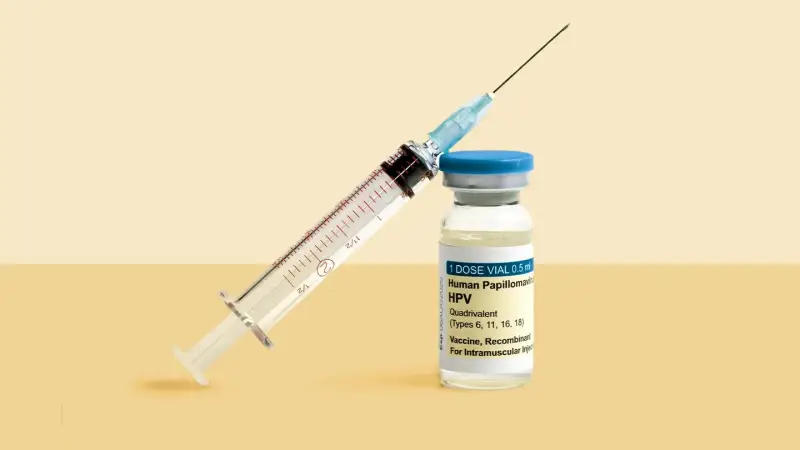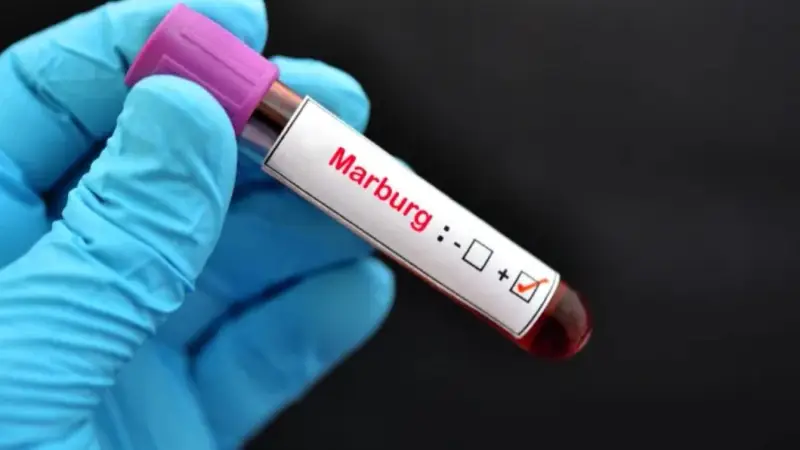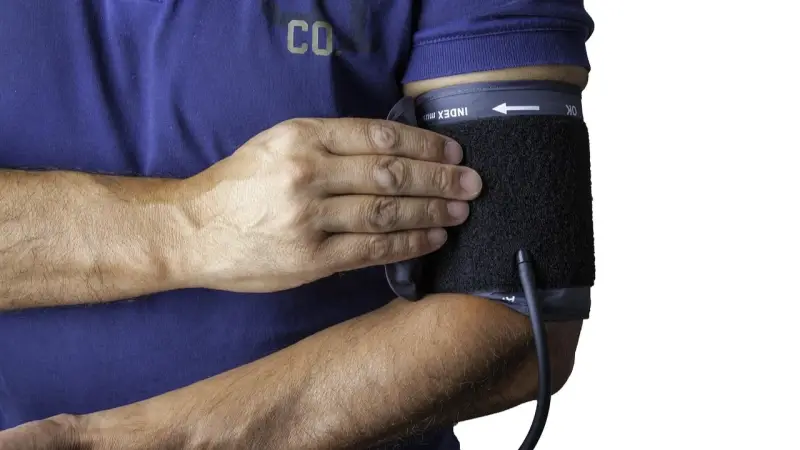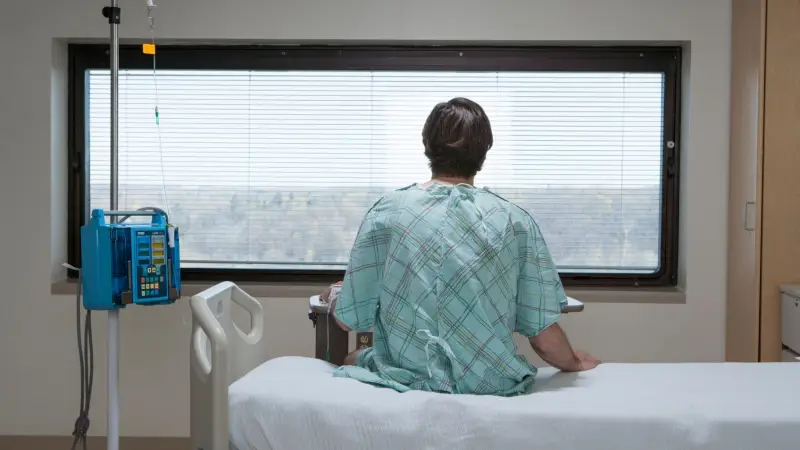
“More than one million deaths from cervical cancer have been averted and approximately 86 million young girls have been protected from the primary cause of this cancer, thanks to a concerted 3-year effort led by Gavi and lower-income countries,” the alliance said in a statement.
This announcement comes after Gavi’s HPV vaccination program resumed in 2023, aiming to protect millions of young girls from the primary cause of cervical cancer, thus averting more than one million deaths.
“Thanks to the extraordinary commitment of countries, partners, civil society and local communities, we have achieved this goal earlier than we expected,” said Sania Nishtar, head of the international organization that relies on public and private funding to vaccinate children in the poorest countries.
She stressed that “this collective effort is contributing to significant global progress towards eliminating one of the deadliest diseases for women,” noting that even today “a woman dies from cervical cancer every two minutes.”
This cancer has a profound impact on low-income countries due to the lack of equitable screening and treatment services. According to Gavi, these countries accounted for 90% of the 350,000 cervical cancer deaths in 2022.
The HPV vaccine, the main cause of cervical cancer, is highly effective, preventing 17.4 deaths per 1,000 children vaccinated.
Gavi explained that its efforts have helped prevent a total of 1.4 million deaths.
By the end of 2025, with the number of countries introducing the vaccine with Gavi’s support exceeding 50, the vaccine will be available in countries that collectively represent 89% of cervical cancer cases worldwide.
Thanks to the alliance’s success in reducing vaccine costs and increasing supply by securing required quantities from manufacturers, it has obtained commitments from them to invest in vaccines, which currently range in price in countries supported by the alliance between $2.90 and $5.18 per dose, compared to $100 or more in other countries.
In 2022, the World Health Organization officially recommended a vaccination schedule based on only one dose of the HPV vaccine instead of the previous two, allowing twice as many girls to be vaccinated with the available stock.
(AFP)

















